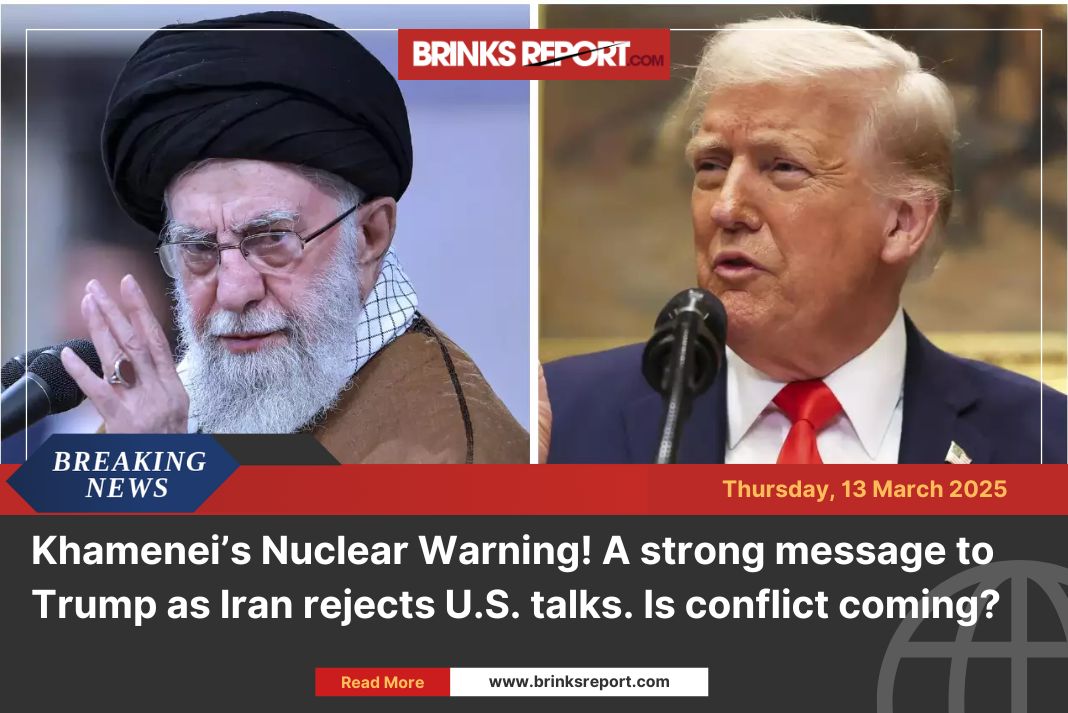
BlackRock, the world’s largest asset management company, has introduced strict new rules for its employees traveling to China. From July 16, staff members are not allowed to take their BlackRock-issued iPhones, iPads, or laptops with them. They also won’t be allowed to connect to the company’s network, even during personal trips.
Instead, employees going to China will have to use temporary loaner phones provided by the company. This change was announced in an internal memo and reported by Bloomberg and Reuters.


Read more: Amazon Walks Out: Shanghai AI Lab Shut Down Amid US-China Tensions
Why the Change?
The decision comes as tensions between the U.S. and China continue to grow, creating challenges for international businesses. Many companies are becoming more careful about doing business in China due to concerns about data security and government actions.
Recently, there have been incidents where Western businesspeople were not allowed to leave China. For example:
- A senior Wells Fargo banker, Chenyue Mao, was blocked from leaving China.
- A U.S. government patent official was held during a personal visit.
- A U.S. Commerce Department employee has reportedly been stuck in China for several months.
Data Security a Big Concern
Since China passed stricter data security laws in 2021, global financial firms like BlackRock have had to make big changes to stay compliant. Many have built local data centers in China to keep Chinese user data inside the country. These efforts are expensive and make doing business more complicated.
BlackRock has a strong presence in China. It owns a mutual fund business there and also runs a wealth management joint venture with China Construction Bank. But the new policy shows just how difficult it has become for international finance companies to work smoothly in China due to rising political and security concerns.
Also See: Blackstone-Backed Bagmane Plans ₹4,000-Crore REIT Launch in India
BlackRock is taking extra steps to protect its data and employees as it navigates the tricky business environment between the U.S. and China.












